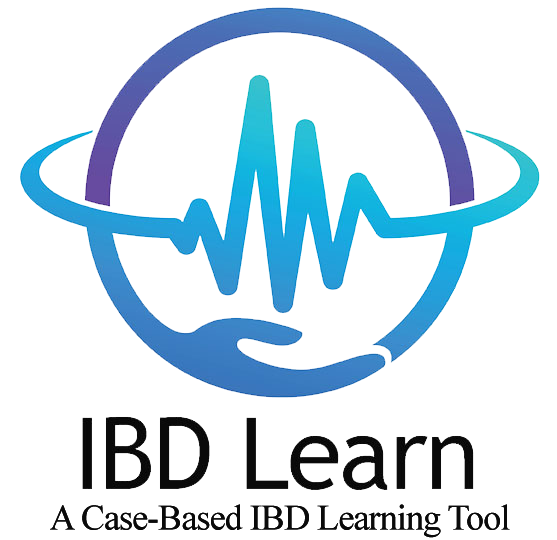Elderly patients with IBD are more likely to… Pick all that apply:
Be prescribed 5-ASA agents for UC as well as CD
Undergo surgery for ulcerative colitis
Experience a lower rate of neoplasms
Be hospitalized
Experience a stenosing/stricturing pattern of Crohn’s disease
Have isolated colonic Crohn’s disease
Have penetrating or perianal Crohn’s disease
Have pan-ulcerative colitis
What medication would you recommend for treating this patient’s ulcerative colitis? Pick all that apply:
Infliximab
Elderly patients have a higher risk of adverse effects from anti-TNF agents so the decision to use them should be made on a case by case basis.
Vedolizumab
With a favorable side effect profile and proven similar efficacy compared to anti-TNF therapy for colonic disease, vedolizumab is a a reasonable first line therapy for UC in the elderly.
No medications
No medication is not appropriate for this patient with active clinical symptoms as well as both endoscopic and microscopic evidence of ongoing disease
Tofacitinib
Due to a higher risk of shingles and venous thromboembolism, tofacitinib is not a first line therapy for UC in the elderly but can be used in disease refractory to other agents
Ustekinumab
Given a favorable side effect profile in the elderly, Ustekinumab can be used to maintain remission in UC.
Thiopurine analogue
Elderly patients are at higher risk for adverse effects from thiopurine agents so they should be used with caution.
Combination of oral and rectal topical 5-ASA agent
While ASA based therapies are used for ulcerative colitis, this patients moderate to severe disease as evidenced by his Mayo 2 endoscopic findings with evidence of ongoing systemic inflammation make this choice inappropriate for this patient.
Combination of ciprofloxacin and metronidazole
Antibiotics would be appropriate for infectious colitis but not for clinically active ulcerative colitis
What is true regarding IBD treatment in the elderly? Pick all that apply:
1/3 of Crohn’s disease patients are prescribed 5-ASA agents
Despite no evidence of their efficacy for CD, 5-ASA agents are prescribed to 2/3 of elderly patients.
Thiopurines carry a higher risk of lymphoproliferative disorder and non-melanoma skin cancer in elderly patients than in younger patients
There was no difference in Zoster risk between elderly patients on tofacitinib and younger patients on tofacitinib.
Due to a higher risk of shingles and venous thromboembolism, tofacitinib is not a first line therapy for UC in the elderly but can be used in disease refractory to other agents
There is no difference in safety with vedolizumab between elderly patients and younger patients.
Tofacitinib was more likely to cause venous thromboembolism events in younger patients rather than older patients
Due to a higher risk of shingles and venous thromboembolism, tofacitinib is not a first line therapy for UC in the elderly but can be used in disease refractory to other agents.
Click here to move on to the next part
Click here to return to the previous part
